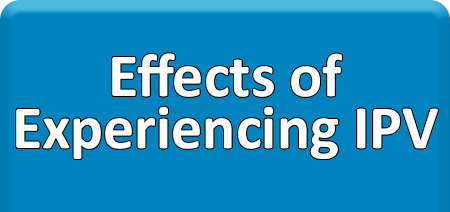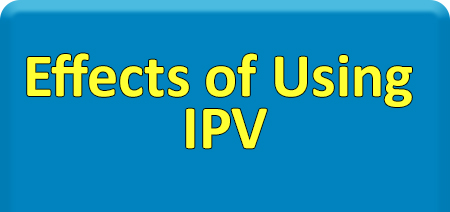VHA Social Work
Intimate Partner Violence Assistance Program (IPVAP) - VETERANS & PARTNERS - What Is IPV?
 |
 |
 |
 |
 |
Using IPV can impact children and adults alike and can cause further damage to family well-being through witnessing and experiencing IPV in the home.
Below are the most common negative consequences to the family for the individual who is using IPV.- Damage to Relationship with Children – Your relationship with your child may be damaged through a loss of trust and safety. In addition to the direct effects of witnessing or experiencing violence in the family, children may also lose the ability to have contact with their parents through separation or parent’s legal involvement.
- Emotional Harm – Children exposed to IPV are known to experience emotional distress, which can have a long-lasting impact on their mental health. They may be less likely to feel secure, have a positive sense of well-being, and develop healthy relationships.
- Physical Harm – When violence between parents is present in the home, children are at greater risk of physical harm. In addition to injury, children are at a higher risk for illness and tend to have poorer health.
- School and Beyond – Children in homes where IPV is present tend to struggle more in school with paying attention, performing academically, and developing healthy relationships with their peers. Starting in the school years and into adulthood, adolescents may be at higher risk of being involved in drug use, sexual risk taking, and may experience or use IPV themselves.
For more detailed information on how children are affected at each age, click HERE* and use your browser’s “back” button to return to this page.
Are you experiencing any of these relationship concerns? If so, we understand and we can help!
For more information or assistance, contact your local Intimate Partner Violence Assistance Program, Primary Care Social Worker or other Provider. Women Veterans can also ask for the Women Veterans Program Manager.
Not yet a patient at VA? - Apply Now
Find help in the community by calling the National Domestic Violence Hotline at 1−800−799−7233 (SAFE) or TTY 1−800−787−3224.
If you or a loved one is in immediate danger, call 911
If you’re experiencing an emotional crisis or having thoughts of suicide, call the Veterans Crisis Line: 1-800-273-8255 and Press 1 or TTY 1-800-799-4889
* Links with an asterisk (*) next to them will take you outside the VA website. VA is not responsible for the content of the linked site. This link does not constitute endorsement of the non-VA website or its sponsor.























